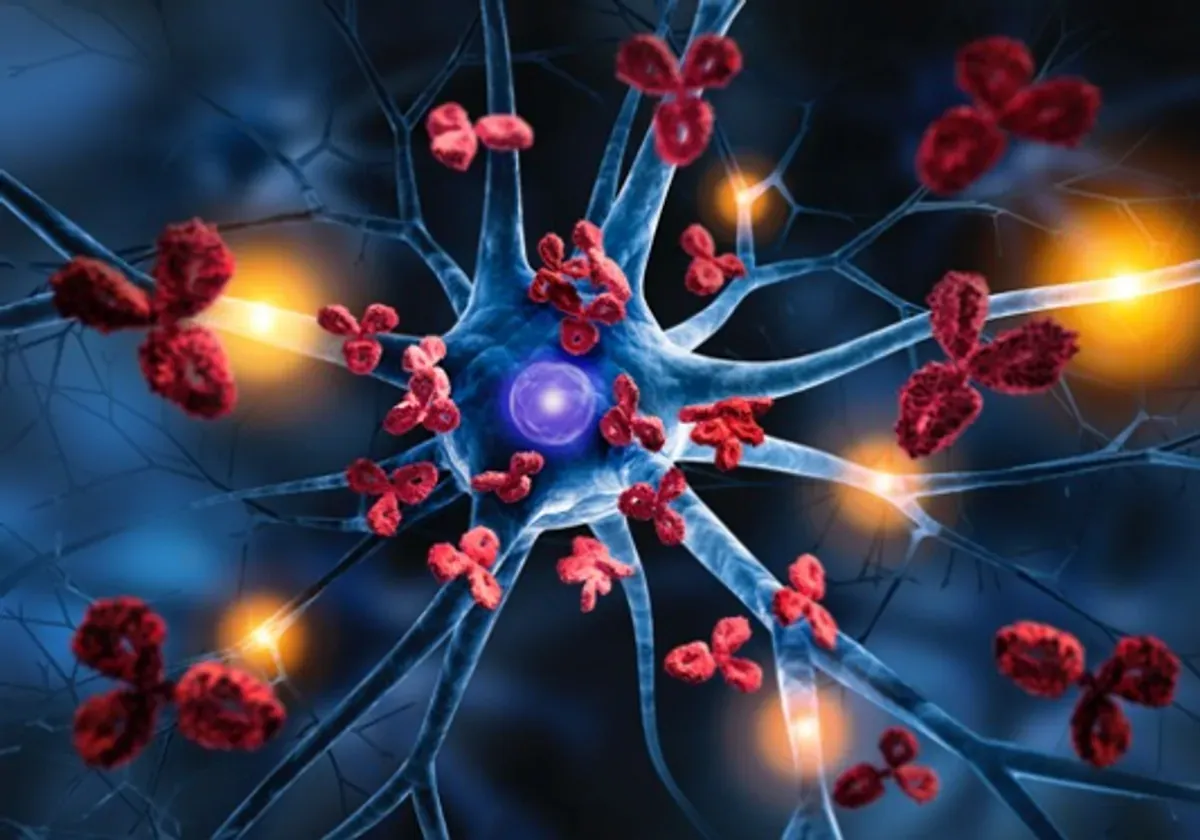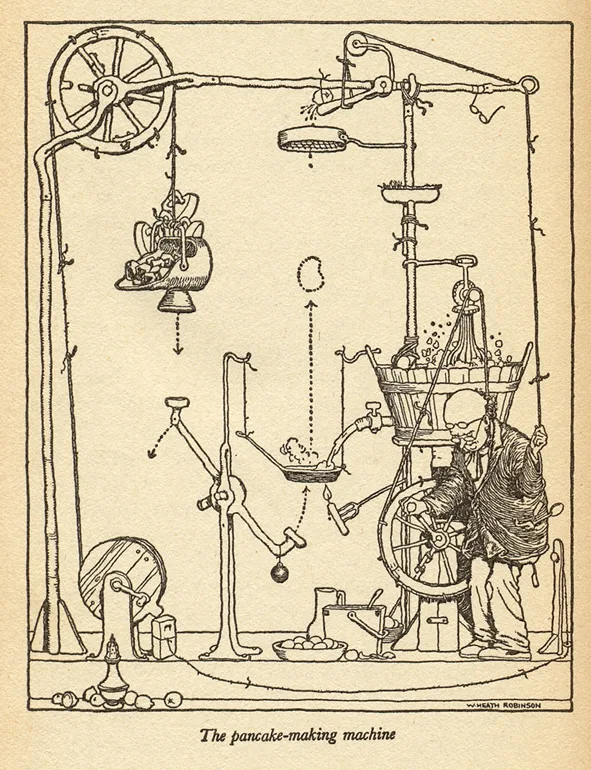
Pit Head (c. 1930) William Heath Robinson
Deregulation of Alternative RNA Splicing Promotes Pancreatic Cancer Pr | Moffitt
William Heath-Robinson was an English eccentric illustrator of ridiculously over-complicated solutions for (mostly) imaginary problems. His 'labour-saving' devices often took more people to operate them than the labour they saved.
His designs usually incorporated the most unlikely of objects, such as pianos or stacks of books to stand on, bent sticks to hold things up, pulleys and levers, held together with pieces of string, which never failed to have a knot in them because they had been made from shorter lengths tied together. And the amazing thing was, when you looked at them, it looked though they really would work, and if you took any component away, the whole thing would fail.
What he probably didn't appreciate at the time, was how closely his 'intelligent' designs resembled the designs of creationism's putative designer, but they are almost perfect metaphors for the detail beneath the superficial appearance of design in living organisms, especially the processes and mechanisms that look irreducibly complex.
Take, for example, a consequence of the failure of a 'Heath-Robinson' mechanism for correcting a problem with how RNA is built using templates in DNA which are scattered over several sections of DNA instead of being in a single, contiguous lengths. The different fragments of RNA that this initially produces must then be spliced together (just like William Heath-Robinson's pieces of string).
And of course, being a 'Heath-Robinson' machine, even this little section of the process of protein production is not simple. Splicing is a complex process involving the protein, RBFOX2, and when this fails in pancreatic cells, the resulting faulty RNA molecules can lead to cancer and metastasis of those cancer cells is itself facilitated by reduced RBFOX2.
How the failure of this correction mechanism causes pancreatic cancer was discovered by an international team of researchers led by Assistant Professor, Karen Mann, Ph.D., of the Department of Molecular Oncology, Moffitt Cancer Center, Tampa, FL, 33612, USA, with colleagues from The Tisch Cancer Institute; St. Jude Children’s Research Hospital; the Agency for Science, Technology and Research in Singapore; and the University of Otago in New Zealand.
Of course, the real problem here isn't with the designer but the mindless design process that produces these over-complicated, utilitarian 'Heath-Robinson' solutions to problems. DNA is RNA's data store and, so long as it works better than what went before it, there is no pressure to sort out and 'defrag' the DNA, so the irreducibly complex 'Heath-Robinson' machine might fail and cause pancreatic cancer occasionally, but the proteins the pancreas produces are worth the occasional failures, and mindless evolution has no concern for the suffering caused.
Here is how the team described their findings in
Nature:


















































